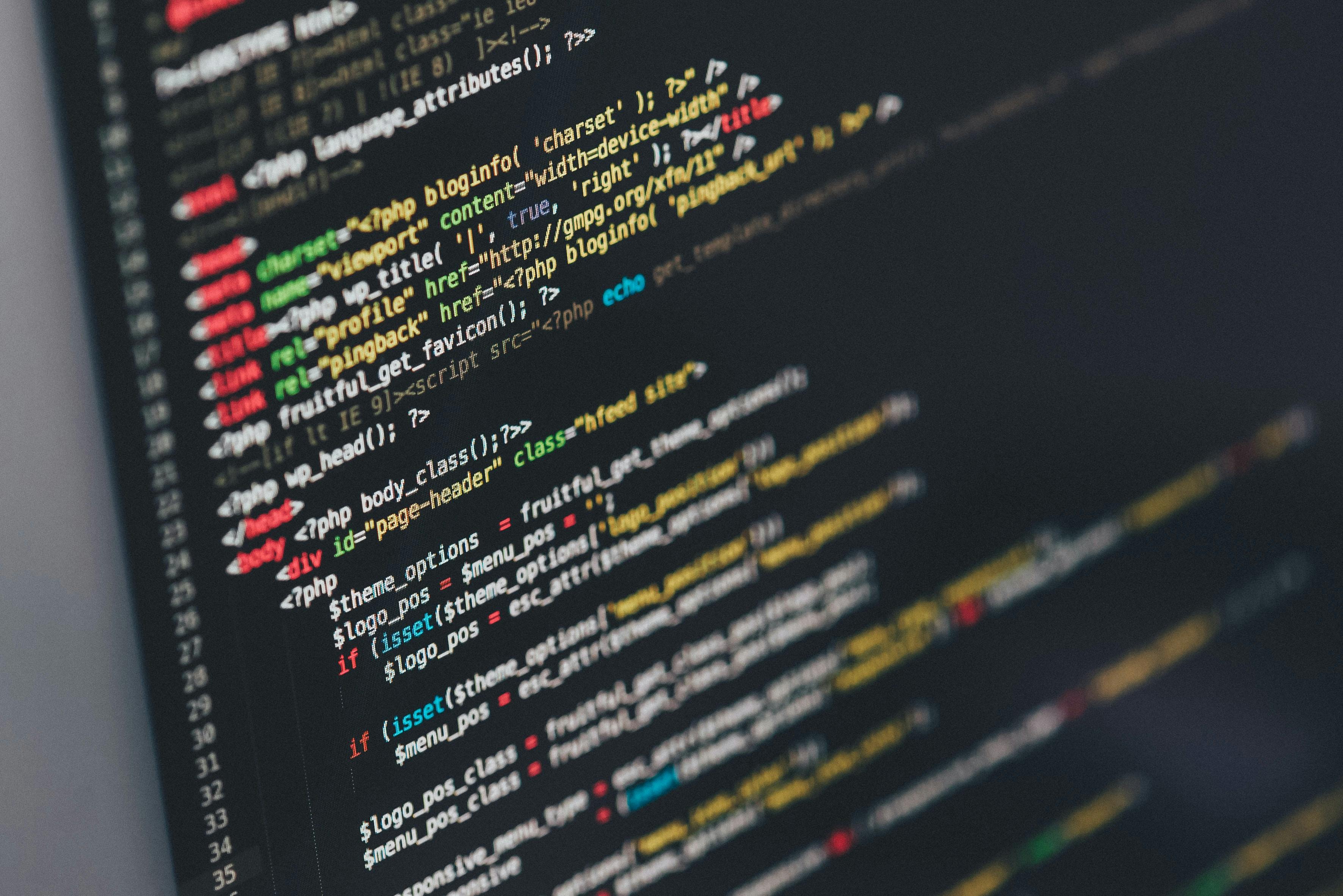Table of contents
As the world continues to adapt to the new normal of remote work, many industries are experiencing unprecedented change. One area that has seen a major shift is the startup world, where remote work has become the norm for many early-stage companies. Over the past two years, I've had the opportunity to work at early-stage, fast-paced startups, all while working remotely. Through these experiences, I've learned valuable lessons and insights that I'm excited to share with you in this blog. Whether you're a startup founder, a remote worker, or simply interested in the world of entrepreneurship, I hope that my learnings will help you navigate the ever-changing landscape of remote work and early-stage startups.
Not obsessing over scalability

When working on an early-stage product, obsessing over scalability from day one can be tempting. However, this can lead you down a spiral, where you spend so much time thinking about how to scale the product that you never actually make progress. Instead, focus on building a solid foundation that can be scaled later. This will allow you to make progress and iterate quickly while laying the groundwork for future scalability.
Always over-communicate rather than under-communicate
In a remote work environment, communication is key. It's important to over-communicate rather than under-communicate, as it's easier to miss important details when you're not working in the same physical space. This means making sure that everyone is on the same page, sharing updates frequently, and checking in with team members regularly.
Keep a note/board to write down any thoughts to be discussed in the next catchup

When working remotely, it's easy for ideas to get lost in the shuffle. To avoid this, keep a note or board where you can write down any thoughts or ideas that you want to discuss in the next catch-up. This will ensure that you don't forget anything important and that you have a clear agenda for your next meeting.
Document everything - it is very easy to forget groundbreaking ideas in all the hectic mess

In a remote work environment, it's important to document everything. This includes meeting notes, decisions, and any important conversations. It's easy to forget ground-breaking ideas in all the hectic mess of remote work, so having a record of everything can be incredibly valuable. It also helps to keep everyone on the same page and ensure that nothing important falls through the cracks.
Use third-party solutions if available

Use third-party solutions for product development. It can be tempting to build everything in-house, but this can be time-consuming and expensive. Instead, consider using third-party vendors for functionality that already exists. This will allow you to focus on your core product and save time and money in the long run. Remember, the goal is to build a successful product, not reinvent the wheel.
Working on early-stage products in a remote environment can be challenging, but these challenges can also provide valuable lessons for future work. By focusing on building a solid foundation, over-communicating, keeping a clear agenda, documenting everything, and using third-party solutions, remote teams can work effectively and efficiently. The key is to stay adaptable and open to new ways of working, while also staying focused on your goals.
You can find my socials below if you want to connect.
Twitter - https://twitter.com/sarat_angajala
Linkedin - https://linkedin.com/in/saratangajala

